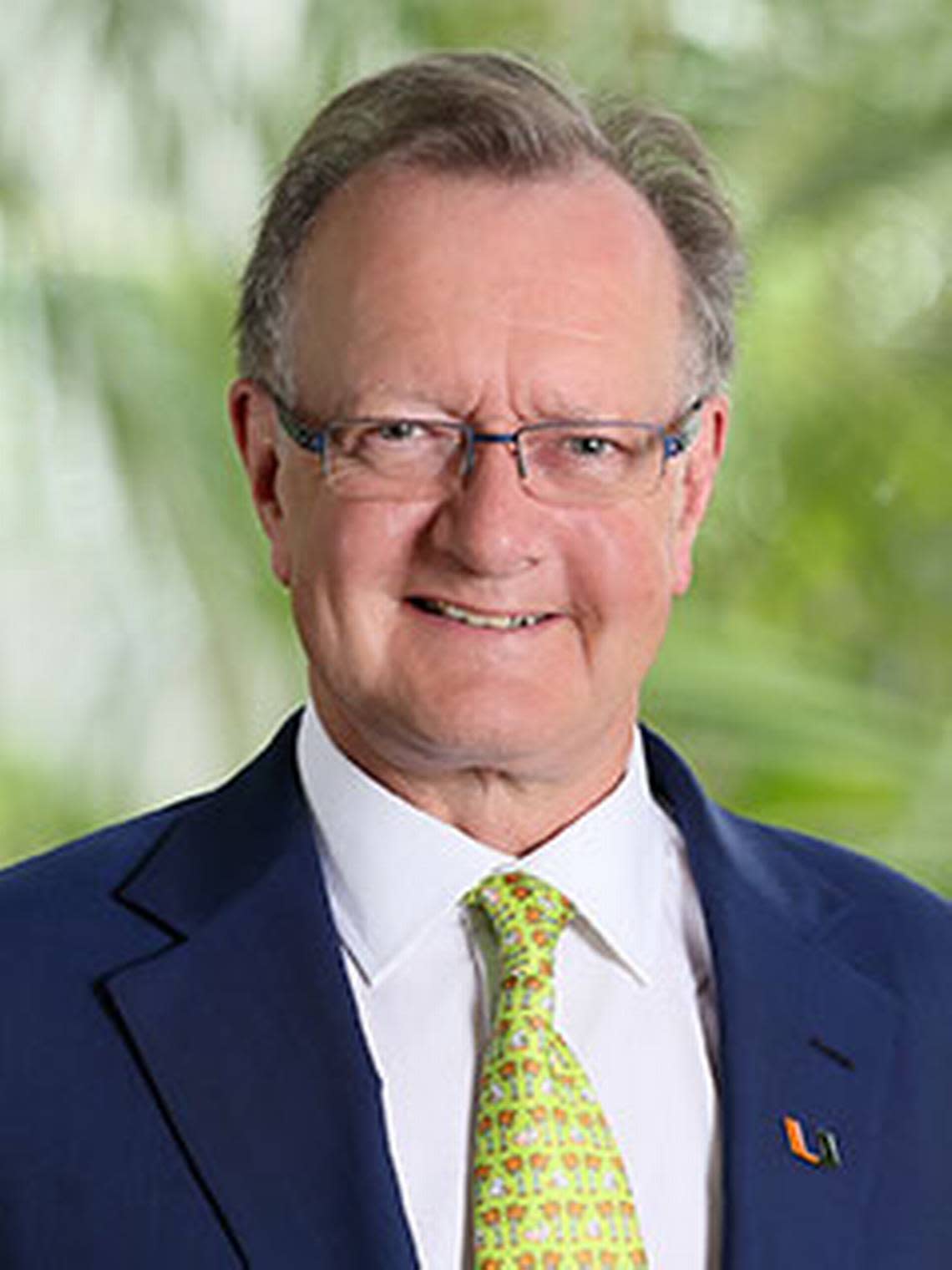True to her word, Elizabeth II remained devoted to “the service of our great imperial family” | Opinion
Queen Elizabeth II was the undisputed chief executive of “The Firm,” as the British monarchy is often characterized, for a record-breaking 70 years. (Queen Victoria, her great-great grandmother, reigned for 64. Only Louis XIV of France reigned longer, for 72 years).
Her continuity of service and cumulative experience sustained the monarchy through many ups and downs, both political and familial. She was the rock that held together an often-dysfunctional royal family through a thicket of scandals and divorces, an achievement that earned her respect in so many British households dealing with similar problems.
Ordinary Brits looked past the upper-crust accent to respect her work ethic and reliable good judgment, her consistent and low-key style, her absence of ostentation, her love of horses and corgis, and a selfless dedication to upholding the institution of monarchy.
During a speech delivered via radio broadcast from South Africa on her 21st birthday in 1947, the then-Princess Elizabeth said: “I declare before you all that my whole life, whether it be long or short, shall be devoted to your service and the service of our great imperial family to which we all belong.”
Her sustained sense of duty, attending patiently to weekly conversations with 14 successive prime ministers, over seven decades, all the while under the glare of the British tabloid press, is simply a unique achievement in the arc of human history.
During her reign, she hosted or met with numerous world leaders, including five Catholic popes, and traveled the world visiting countries of the Commonwealth. She and her husband, Prince Philip, Duke of Edinburgh, had four children — Charles, Anne, Andrew and Edward. Elizabeth II famously called Philip “my strength and stay,” as he supported her through 73 years of marriage.
I was honored to meet Queen Elizabeth on three occasions — at royal garden parties at Buckingham Palace, the British Embassy in Washington, D.C., and at the palace to receive my award as Commander of the Order of the British Empire. Although I was one of many whom the queen met at each event, I was impressed by her attentiveness and curiosity. As the consummate quiet leader, she spoke few words, but left you feeling special and appreciated.
Born in Mayfair, London on April 21, 1926, Elizabeth Alexandra Mary was the first child of the Duke and Duchess of York, who later became King George VI and Queen Elizabeth (the Queen Mother) following the abdication of his older brother, Edward VIII, later the Duke of Windsor. Elizabeth was the heir apparent and took her place as queen — at age 25 — when her father died in February 1952.
Elizabeth bequeaths the most admired and ceremonially appealing monarchy in the world, an example that has sustained many other monarchies from Scandinavia to the Pacific that might otherwise be mere memories.
The benefits of the British monarchy to the British tourism industry and, therefore, to the British economy are well-documented. More important, Elizabeth II’s reign buoyed the reputation of the United Kingdom internationally, enabling the it to punch above its weight on the world stage. In most countries, being a British citizen is a plus, not a minus.
Elizabeth II’s lifetime of service has provided a reputational halo from which all Brits have benefited.
Beyond the United Kingdom, Elizabeth II worked diligently to hold together the British Commonwealth, a multiracial consortium of 54 countries, bound together by history, cultural interchange and mutual prosperity. The recent Platinum Jubilee celebrations consciously involved citizens of the Commonwealth, not just the United Kingdom.
But the Commonwealth is a point of vulnerability moving forward. Member countries that would not consider declaring themselves republics while the revered Queen was alive may now do so. This is where the British monarchy will begin to fray: around the edges.
Charles, Prince of Wales, has big shoes to fill as king. He is highly experienced, well-networked, hard-working and widely traveled. He is a compassionate man who was an environmentalist long before it became fashionable. Though dogged still by his divorce from Diana, Princess of Wales, I expect Camilla, who will serve as Queen Consort, and Charles to be given a fair shot and to do much better than expected.
The Queen is dead. Long live the King!
John Quelch, a British citizen, is dean of the University of Miami Patti and Allan Herbert Business School.

